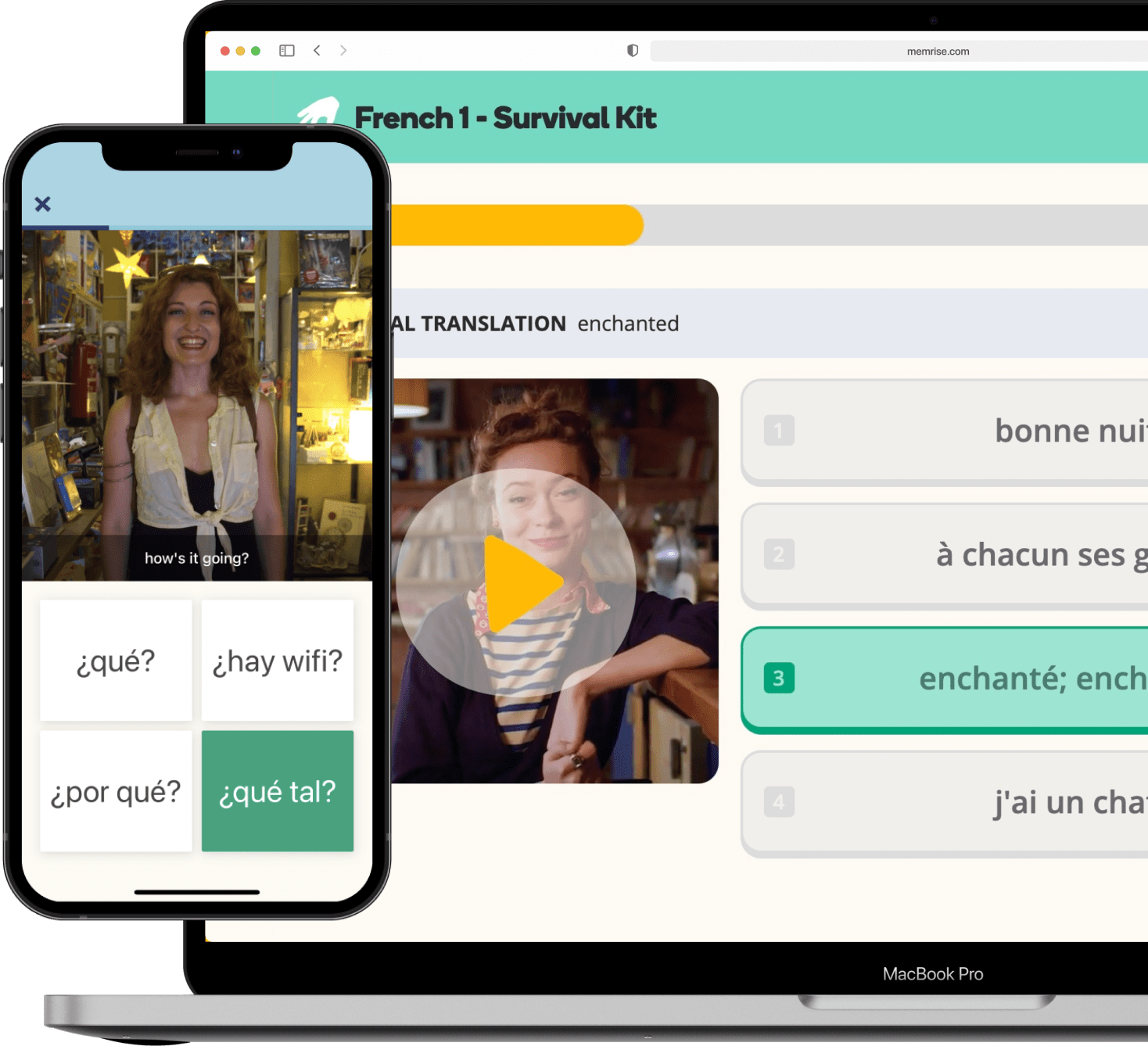How to Learn a Language in Less Than 24 Hours
A new company called Memrise says their app can teach you an entire language within hours
Learning a language in 24 hours is impossible, right? Not according to British memory champion Ed Cooke, who co-founded a company called Memrise along with a Princeton neuroscientist. They combine what cognitive science knows about what makes information memorable with common social gaming strategies about what makes an activity fun and addictive. They claim their web app can help anyone memorize anything in no time at all.

Author and journalist Joshua Foer, who says he’s “never been good at languages,” recently put Memrise to the test. In preparation for a trip to the Congo, he attempted to learn Lingala, an African language spoken in that region. Foer described his experience and Memrise’s process in The Guardian:
Memrise takes advantage of a couple of basic, well-established principles. The first is what’s known as elaborative encoding. The more context and meaning you can attach to a piece of information, the likelier it is that you’ll be able to fish it out of your memory at some point in the future. And the more effort you put into creating the memory, the more durable it will be. One of the best ways to elaborate a memory is to try visually to imagine it in your mind’s eye. If you can link the sound of a word to a picture representing its meaning, it’ll be far more memorable than simply learning the word by rote.
Foer attached catchy meanings to Lingala words and phonetics. For example, he writes:
For motema, which means heart, I visualised a beating organ dripping blood on a blinking and purring computer modem. To remember that bondoki means gun, I saw James Bond pointing a gun at Dr No, and saying, “Okey-dokey.”
Over a ten week period, he clocked just 22 hours and 15 minutes of study time. The longest amount of time he spent in any given session was only 20 minutes, and on average his sessions lasted a quick four minutes. Yet he managed to memorize an entire dictionary of Lingala words in that period of time, and when he met his Pygmy friends in the Congo, he was able to put those skills to use and communicate without the help of an interpreter. Foer concludes:
It goes without saying that memorising the 1,000 most common words in Lingala, French or Chinese is not going to make anyone a fluent speaker. That would have been an unrealistic goal. But it turns out to be just enough vocabulary to let you hit the ground running once you’re authentically immersed in a language.
Source: https://www.smithsonianmag.com/smart-news/how-to-learn-a-language-in-less-than-24-hours-122194358/
Answer the following questions:
- In your opinion, do you think it is possible to learn a language in a reduced amount of time?
- Would you try this app? Explain.
- Have you had a similar experience as the author?


/https://tf-cmsv2-smithsonianmag-media.s3.amazonaws.com/filer/e5/9b/e59bcbdb-a72c-468d-af5c-b8795d1d323d/from-secretary-jan14-peru.jpg)
